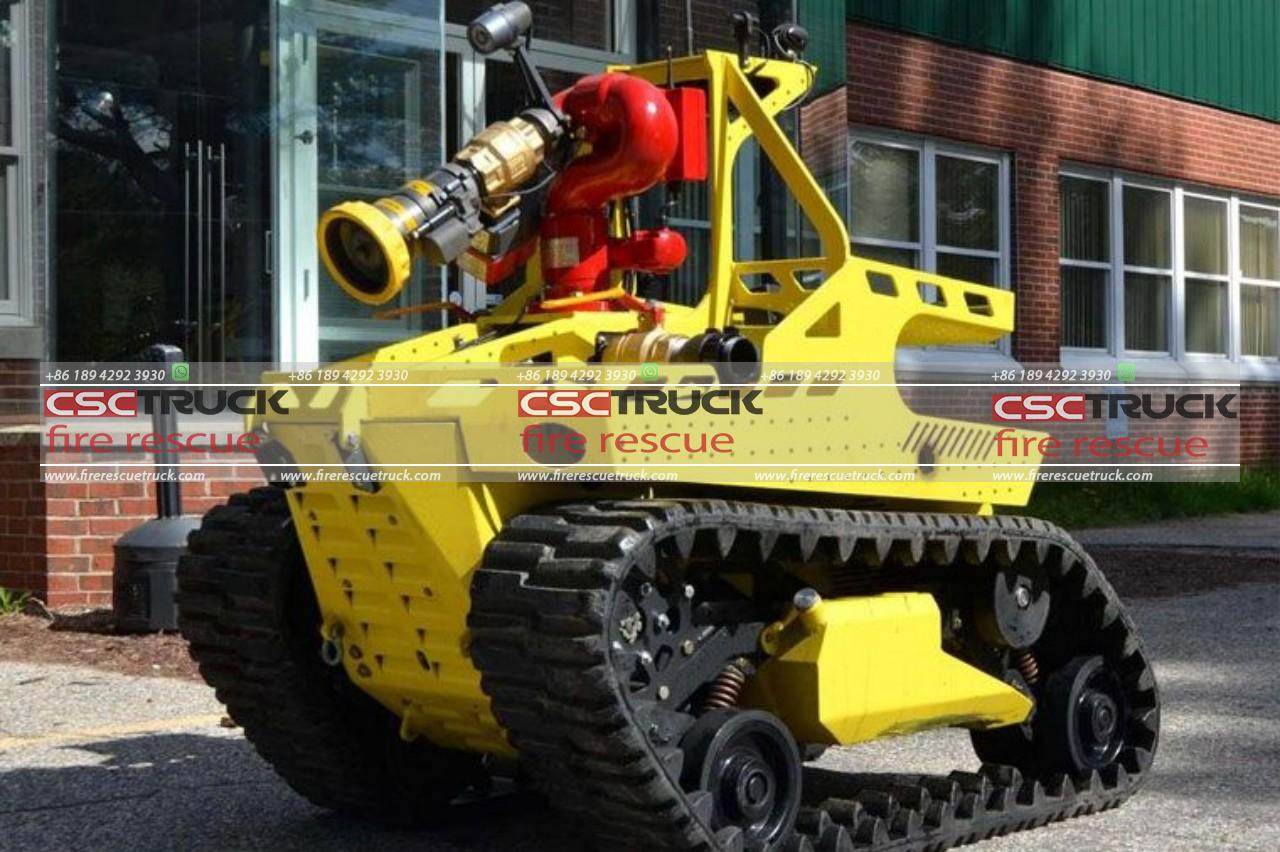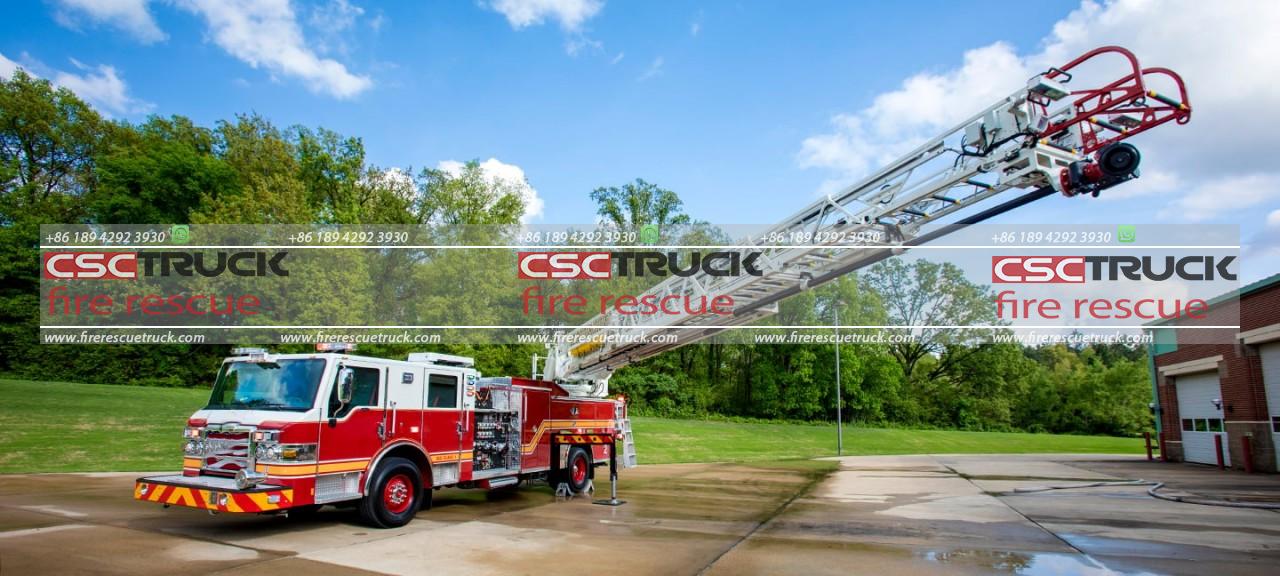In a remarkable leap forward for firefighting technology, recent developments in fire truck innovation are revolutionizing the way firefighters combat fires and protect communities. These groundbreaking advancements are poised to enhance response times, improve operational efficiency, and increase firefighter safety. In this breaking news article, we will explore the latest innovations that are reshaping the landscape of firefighting.
Intelligent Fire Suppression Systems
One of the most significant advancements in fire truck innovation is the integration of intelligent fire suppression systems. These cutting-edge systems utilize advanced sensors, artificial intelligence, and data analytics to detect fires, assess their intensity, and deploy appropriate suppression measures. This technology allows fire trucks to respond swiftly and deploy targeted firefighting strategies, maximizing the effectiveness of fire suppression efforts.
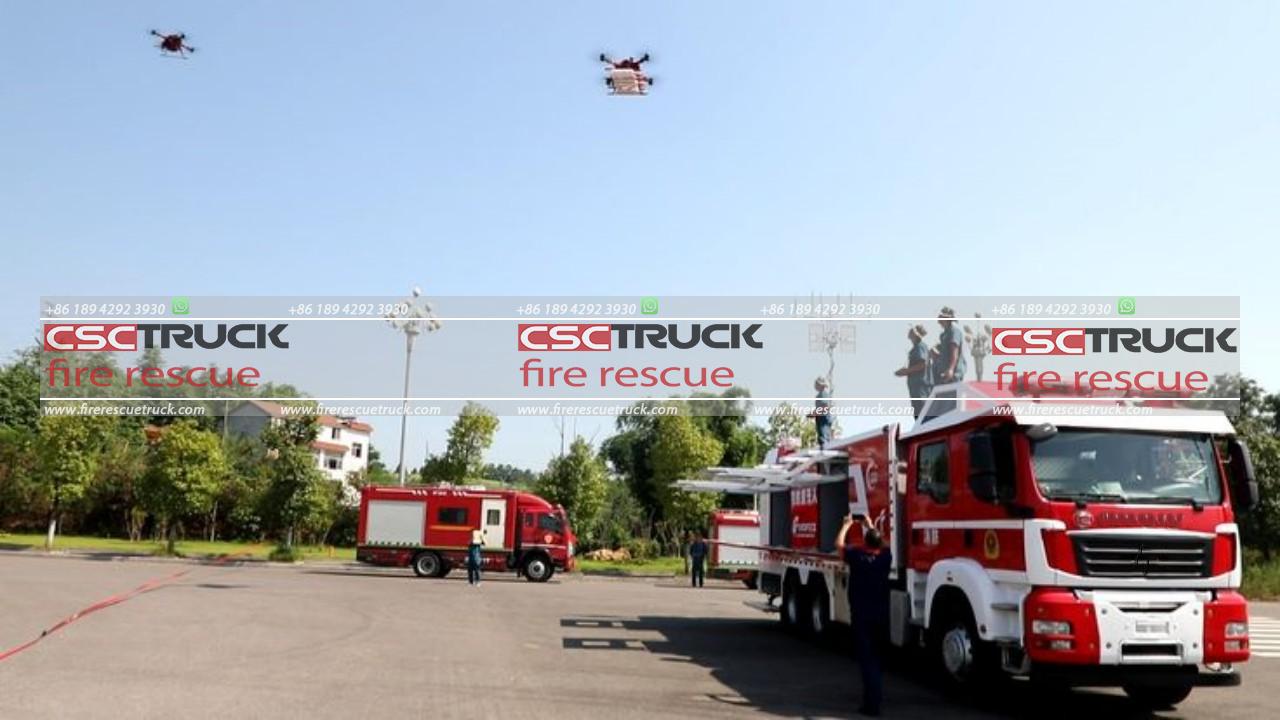
Remote Monitoring and Control
Fire truck innovation has embraced remote monitoring and control systems, enabling firefighters to operate certain functions of the vehicle remotely. This capability proves invaluable in hazardous situations, as it reduces firefighters’ exposure to dangerous environments. With remote control capabilities, firefighters can maneuver water cannons, adjust pump settings, and monitor critical systems from a safe distance, ensuring their safety while maintaining firefighting effectiveness.
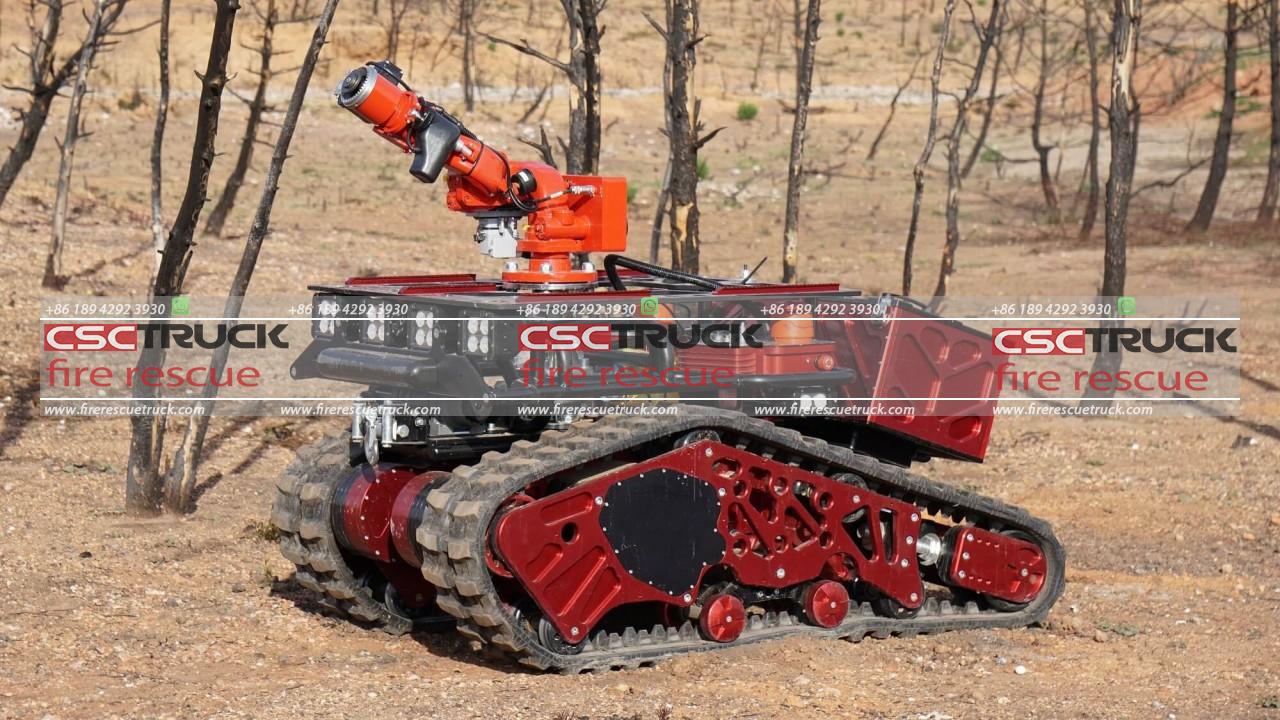
Enhanced Situational Awareness
State-of-the-art fire trucks now incorporate advanced sensors, cameras, and data visualization technologies to provide firefighters with enhanced situational awareness. Real-time information about fire behavior, building layouts, and hazardous conditions empowers firefighters to make informed decisions and develop effective strategies to control and extinguish fires. This level of situational awareness improves operational efficiency and enhances firefighter safety.
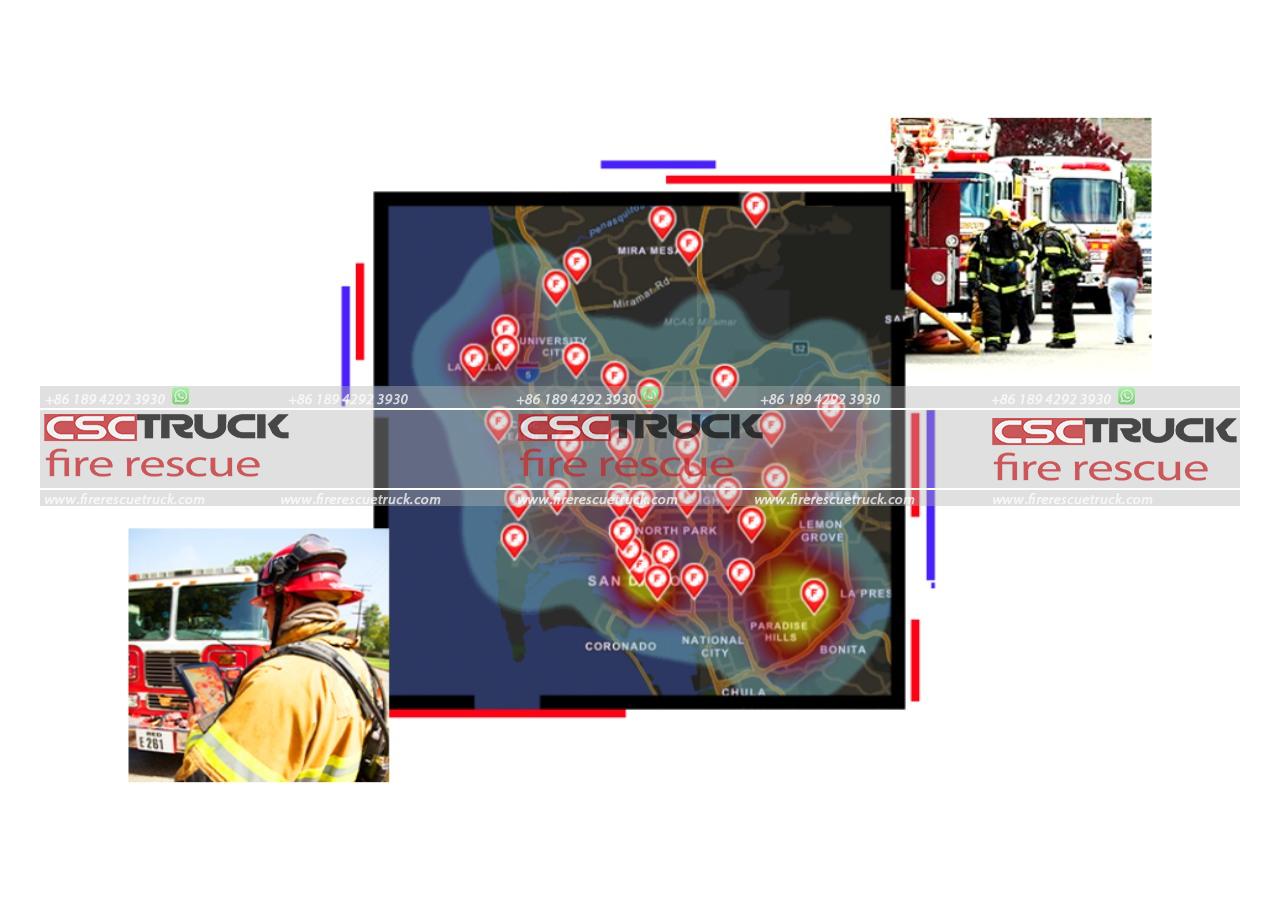
Alternative Fuel Options
Fire truck innovation is also addressing environmental concerns by exploring alternative fuel options. Electric and hybrid fire trucks are emerging as eco-friendly alternatives to traditional diesel-powered vehicles. These clean energy options reduce carbon emissions, improve air quality, and lower overall operational costs. By embracing alternative fuel technologies, fire departments can contribute to sustainable firefighting practices while maintaining optimal firefighting capabilities.
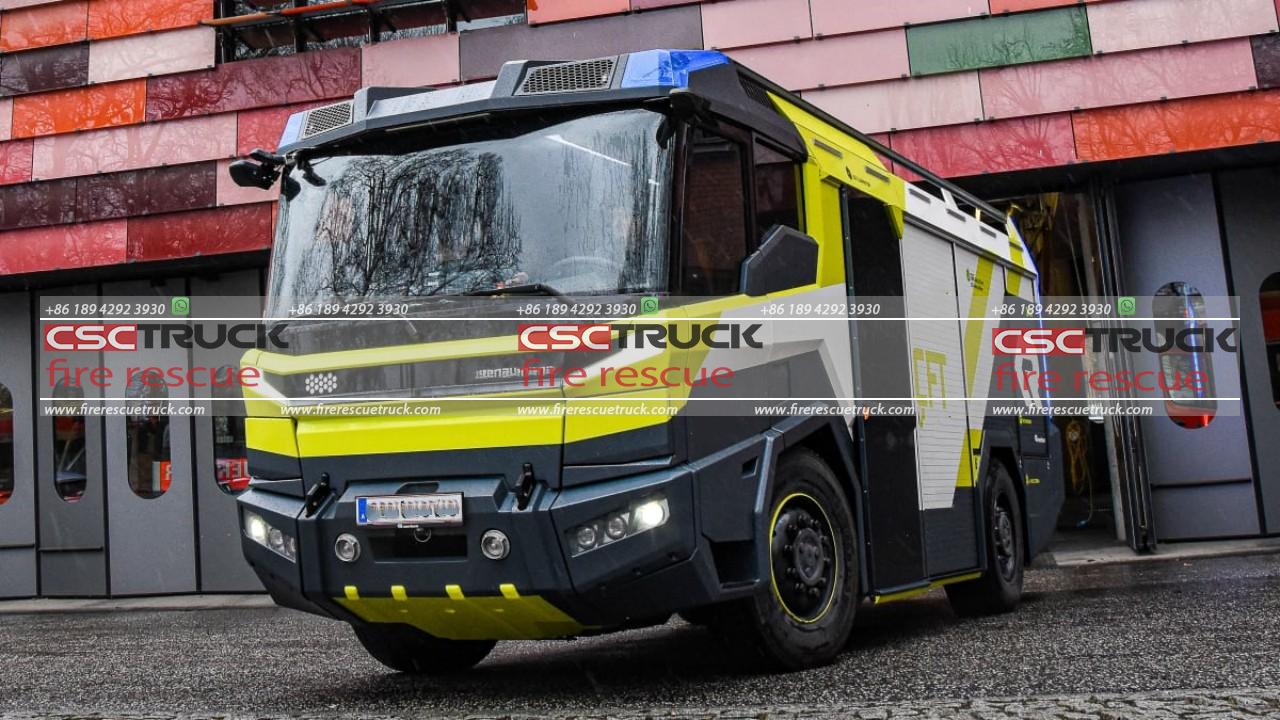
Advanced Communication Systems
Efficient and reliable communication is crucial in firefighting operations. Fire truck innovation is transforming communication systems by integrating advanced technologies such as satellite connectivity, high-speed data transmission, and improved interoperability with other emergency response agencies. These advancements enhance coordination among firefighters, enabling seamless communication and information sharing during critical situations.
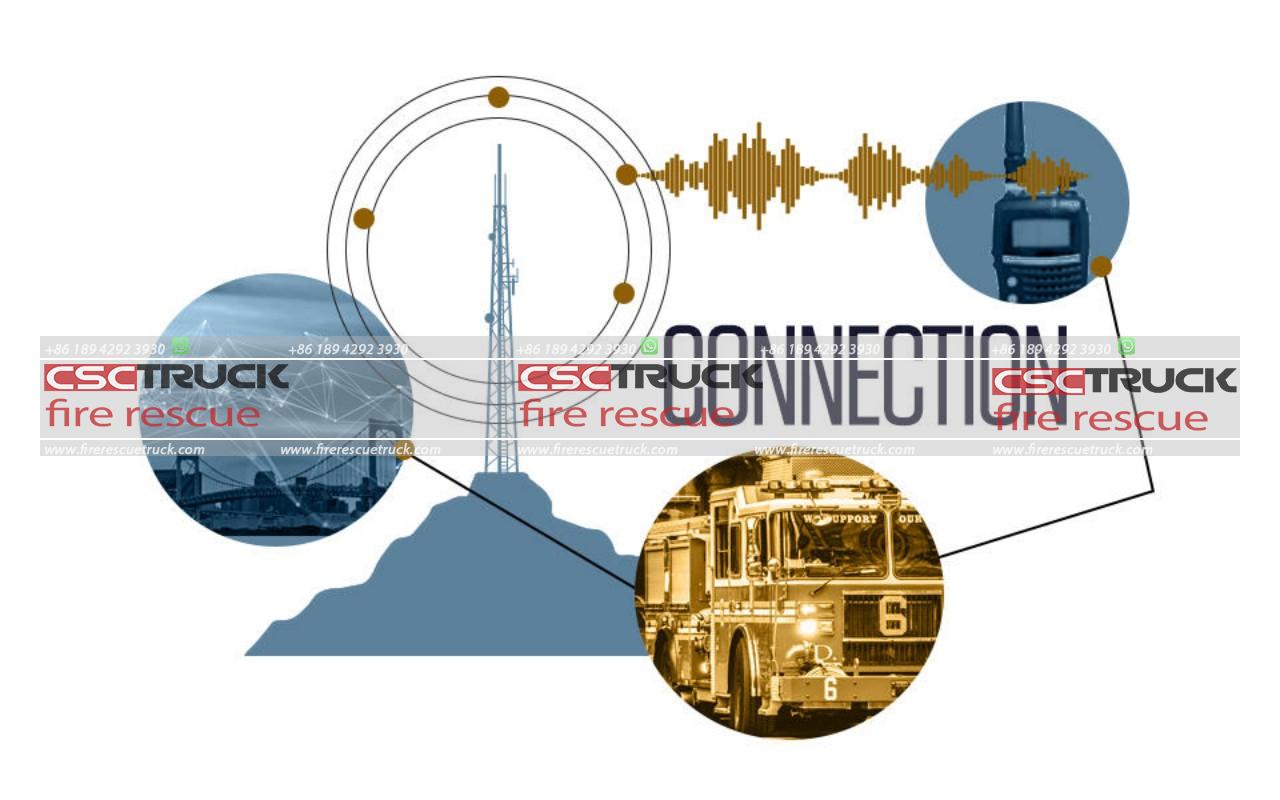
Improved Firefighter Safety Features
Fire truck innovation is prioritizing firefighter safety by introducing new safety features. Advanced systems for vehicle stabilization, rollover prevention, and impact absorption help protect firefighters during high-speed response and maneuvering. Additionally, improved lighting systems, including LED lights and strobes, enhance visibility, ensuring that fire trucks are easily recognizable on the road, and reducing the risk of accidents.
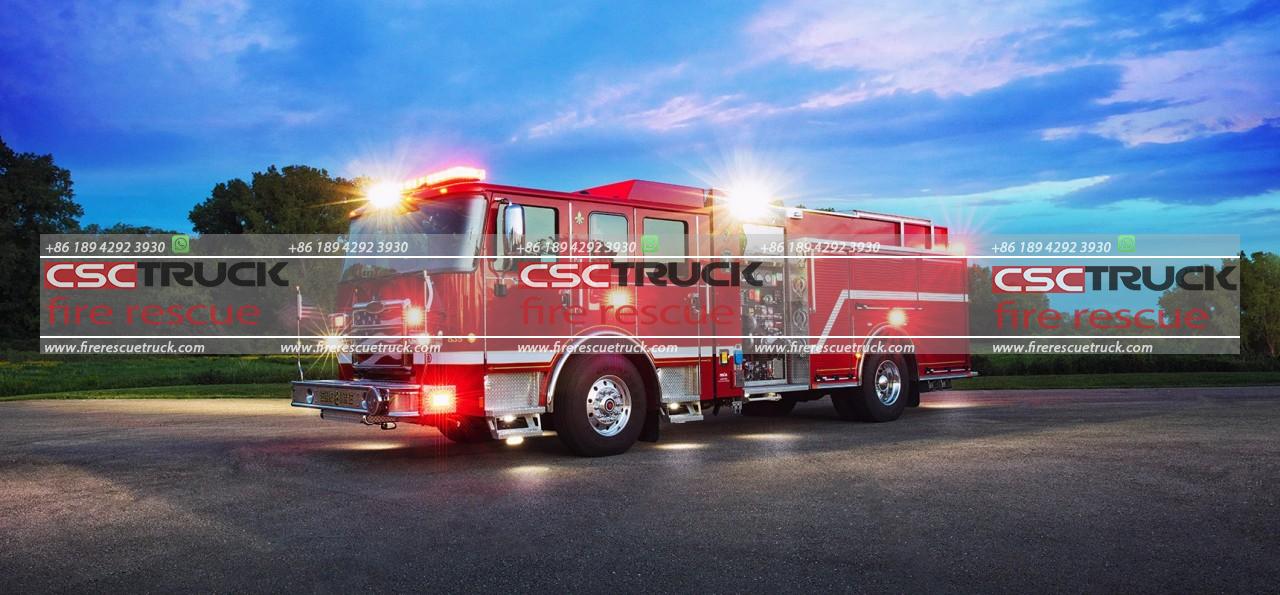
Data-Driven Decision Making
Modern fire trucks are equipped with sophisticated data management systems that capture and analyze critical operational data. Fire departments can leverage this information to optimize resource allocation, identify areas for improvement, and enhance overall firefighting strategies. Data-driven decision-making empowers fire departments to make informed choices, allocate resources effectively, and improve their firefighting capabilities continuously.

These remarkable innovations in fire truck technology are poised to revolutionize firefighting efforts worldwide. By leveraging intelligent systems, remote control capabilities, enhanced situational awareness, alternative fuel options, advanced communication systems, improved safety features, and data-driven decision-making, fire departments can enhance their firefighting capabilities and better protect communities. As these innovations continue to evolve, fire departments must stay up to date with the latest advancements. Regular training and education programs for firefighters and fire truck operators ensure they are proficient in operating advanced technologies and utilizing the full potential of modern fire trucks.
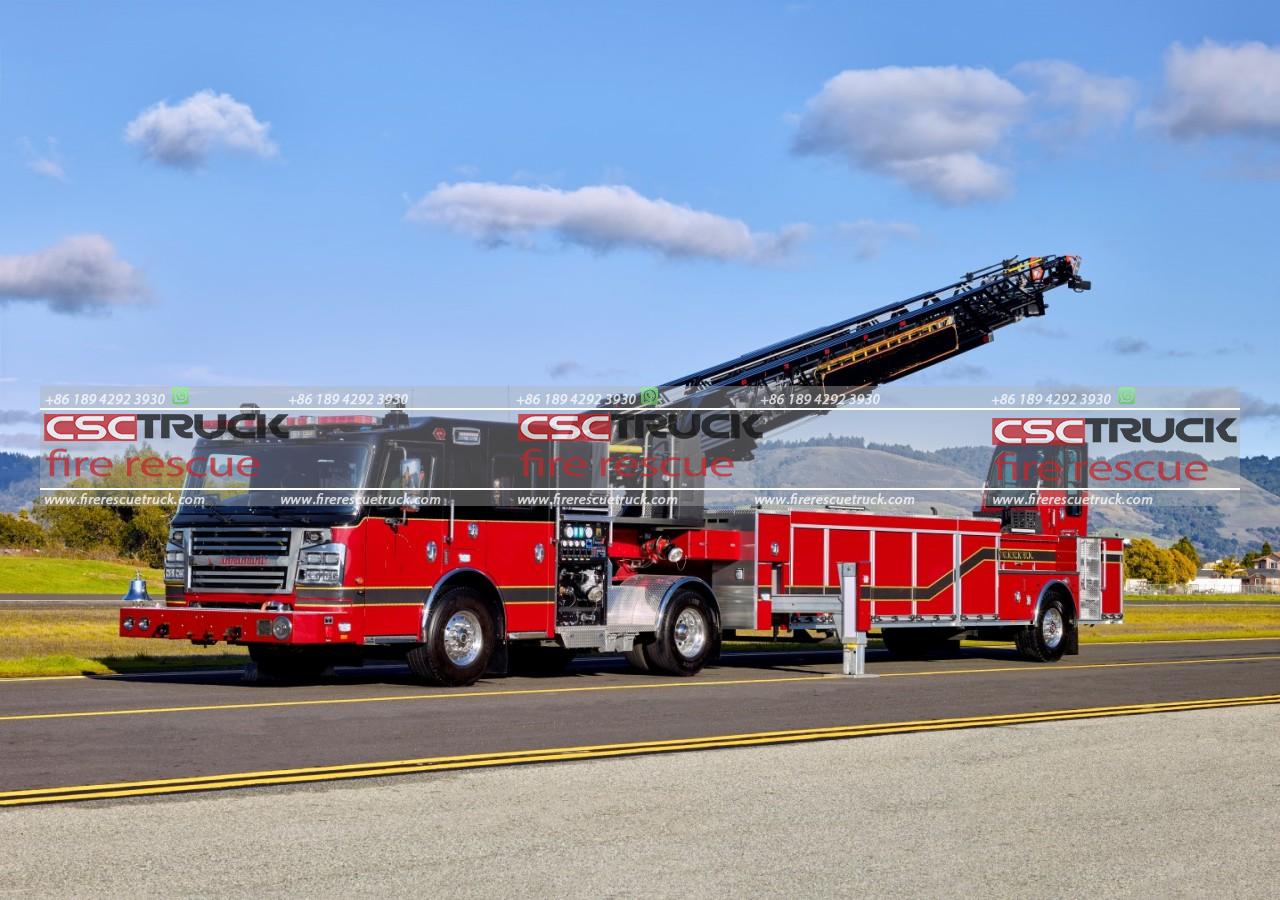
In conclusion, the breaking news of fire truck innovation marks a significant milestone in the firefighting industry. These advancements have the potential to transform firefighting efforts, improve operational efficiency, and further enhance firefighter safety. With intelligent fire suppression systems, remote monitoring and control capabilities, enhanced situational awareness, alternative fuel options, advanced communication systems, improved safety features, and data-driven decision-making, fire departments are equipped with powerful tools to combat fires more effectively than ever before. The integration of intelligent fire suppression systems allows firefighters to respond with precision and efficiency. By leveraging advanced sensors and data analytics, fire trucks can detect fires early, assess their intensity, and deploy the most effective suppression methods. This targeted approach reduces the time needed to extinguish fires and minimizes damage to structures, ultimately saving lives and property.
